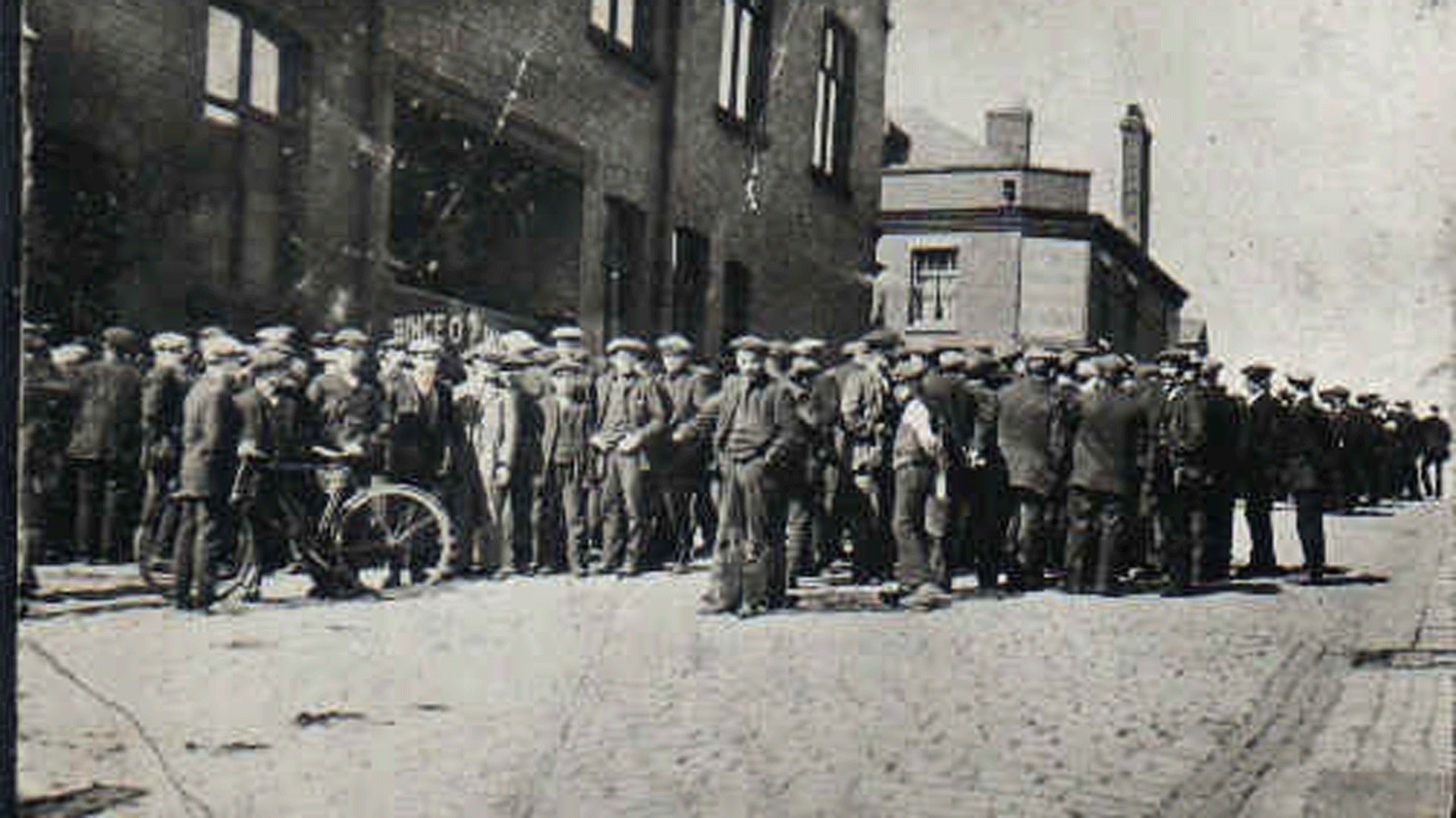Everything feels like we’re waiting. If we were in a movie, there would have been footsteps outside, maybe a momentary flash of light through the curtains. We would be holding our breath, unsure if relief or terror is to follow.
But, of course, it’s not a film. More of a grim, six-part fly-on-the-wall documentary. Besides, films are one thing that the current circling crisis may make less readily available. The future of global cinema mega-chain Cineworld is a new uncertainty. Buckling under £4.2billion of debt, difficult times lie ahead for it.
It feels like we’re a hair’s breadth from a general strike. Had the government hoped that by stonewalling RMT rail staff demands they’d raise public hostility to the point where the workers would return, neutered and beaten, they’re way short. Opinion polls show almost half of Britons still support the rail strikers, despite the disruption. The ongoing action may not have led other workers directly to strike, but it has started to bake in the idea that strikes are a legitimate way for workers, when other avenues have been closed, to seek decent pay and conditions. And the public won’t hate it.
The spread is remarkable. Postal workers were out this week. Barristers in England and Wales are set to down wigs in protest over the damaging state in which legal aid cuts have left the criminal justice system. Images of overflowing bins married to warnings about a quickly escalating rat problem coming from Edinburgh during the festival period remind everybody how vital refuse collectors are to the normal flow of everyday life. This barely covers the many industries now taking action. It may not be co-ordinated between unions at present. But if they decide to get together…
For the first time in a generation, genuinely grand change is being mooted seriously and not sneered at out of hand by ideologues. Letting markets self-regulate and capitalism run rampant as an unfettered force for shareholder return is no longer the only game in town. Nor is the idea of large-scale state intervention seen simply as statism. The thought of some level of public ownership of energy utilities as the only way to properly address the energy price cap is growing as a viable alternative.
When the TUC suggested moving to a £15 minimum wage for Britain, it wasn’t shouted down as ridiculous and something that was for the age of money trees.









